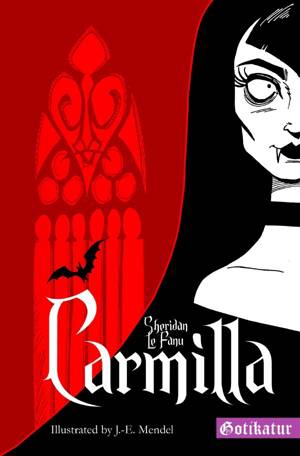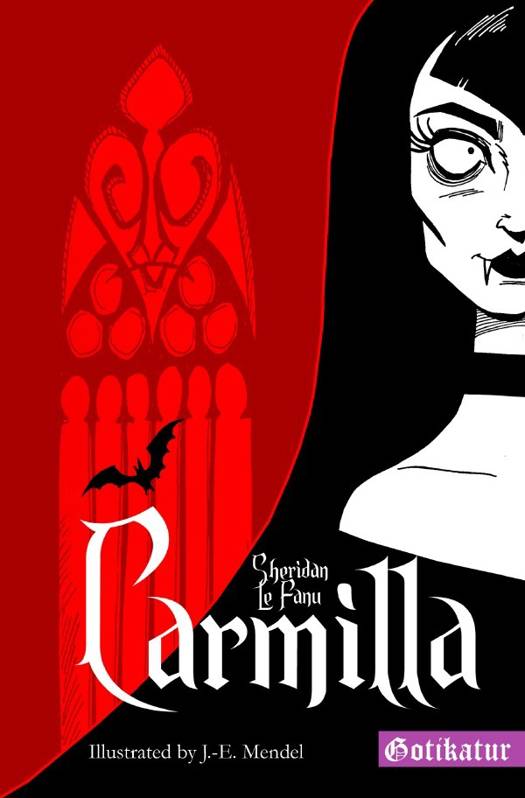
- Afhalen na 1 uur in een winkel met voorraad
- Gratis thuislevering in België vanaf € 30
- Ruim aanbod met 7 miljoen producten
- Afhalen na 1 uur in een winkel met voorraad
- Gratis thuislevering in België vanaf € 30
- Ruim aanbod met 7 miljoen producten
Zoeken
€ 12,95
+ 25 punten
Uitvoering
Omschrijving
Carmilla is a Gothic horror novella published in 1872 and is one of the earliest vampire stories in modern literature. The story is narrated by Laura, a young woman who lives with her father in an isolated castle in Styria. Her quiet life takes a dramatic turn when a mysterious carriage accident brings a young girl named Carmilla into their home. Carmilla is beautiful and charming but also exhibits strange behaviors, such as avoiding religious symbols, sleeping late into the day, and expressing an unusually intense affection for Laura. As their friendship deepens, Laura experiences disturbing dreams and a growing sense of unease. Meanwhile, local villagers suffer from a mysterious illness, leading to a rising fear of supernatural forces. Through a series of investigations, Laura and her father discover that Carmilla is actually Mircalla, a vampire from the ancient Karnstein family. With the help of General Spielsdorf, who lost his niece under similar circumstances, they uncover Carmilla's true identity and ultimately destroy her in a dramatic climax. The novella is renowned for its eerie atmosphere, its early depiction of a female vampire, and its underlying themes of forbidden love, isolation, and the supernatural. Carmilla was a major influence on Bram Stoker's Dracula and remains a classic of Gothic literature.
Specificaties
Betrokkenen
- Auteur(s):
- Illustrator(s):
- Uitgeverij:
Inhoud
- Aantal bladzijden:
- 180
- Taal:
- Engels
Eigenschappen
- Productcode (EAN):
- 9783819040177
- Uitvoering:
- Paperback
- Afmetingen:
- 125 mm x 190 mm
- Gewicht:
- 185 g

Alleen bij Standaard Boekhandel
+ 25 punten op je klantenkaart van Standaard Boekhandel
Beoordelingen
We publiceren alleen reviews die voldoen aan de voorwaarden voor reviews. Bekijk onze voorwaarden voor reviews.











